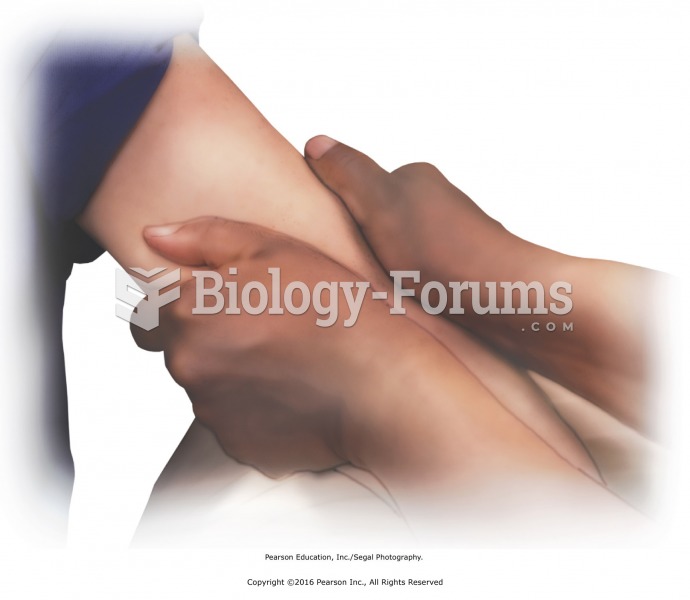|
|
|
Adolescents often feel clumsy during puberty because during this time of development, their hands and feet grow faster than their arms and legs do. The body is therefore out of proportion. One out of five adolescents actually experiences growing pains during this period.
More than 2,500 barbiturates have been synthesized. At the height of their popularity, about 50 were marketed for human use.
Signs of depression include feeling sad most of the time for 2 weeks or longer; loss of interest in things normally enjoyed; lack of energy; sleep and appetite disturbances; weight changes; feelings of hopelessness, helplessness, or worthlessness; an inability to make decisions; and thoughts of death and suicide.
Immunoglobulin injections may give short-term protection against, or reduce severity of certain diseases. They help people who have an inherited problem making their own antibodies, or those who are having certain types of cancer treatments.
Symptoms of kidney problems include a loss of appetite, back pain (which may be sudden and intense), chills, abdominal pain, fluid retention, nausea, the urge to urinate, vomiting, and fever.
 Adjust drape for abdominal massage, and stand at the side of the table facing the head. Place hands ...
Adjust drape for abdominal massage, and stand at the side of the table facing the head. Place hands ...
 Gently squeeze/milk the arm with twisting motion. With oil or lotion on hands, use gentle but firm ...
Gently squeeze/milk the arm with twisting motion. With oil or lotion on hands, use gentle but firm ...





